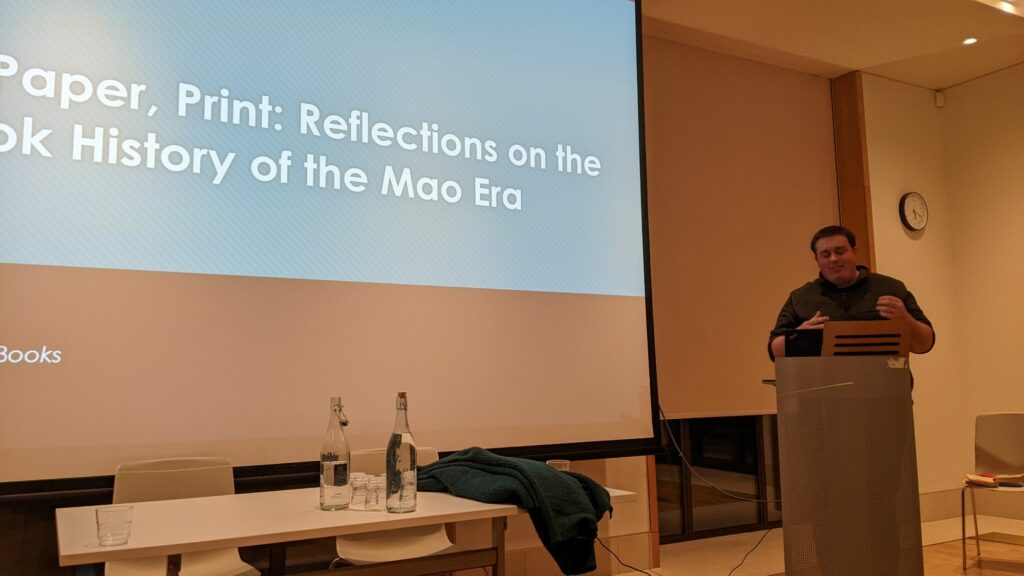Authoritarianism is on the rise globally, with more than twice as many countries experiencing democratic decline as democratic enhancement in recent years. This has been occurring simultaneously with unprecedented rates of urbanization in many parts of the world, raising questions about the role of cities – often considered the focal points of democratic deepening – in this authoritarian turn. While most literature considers authoritarianism on the national scale, the chapters in this book train their gaze on capital cities, which as ‘containers’ of both capital and sovereignty are spaces in which authoritarian dominance is increasingly built, contested, maintained, and undone. Focusing on some of the world’s fastest urbanizing regions – Sub-Saharan Africa and South Asia – the book explores the multiple ways in which authoritarian regimes have been attempting to build and sustain long-term dominance in capital cities in order to meet the challenge of urban political resistance.
The diverse selection of case studies presented here spans governing regimes that have recently tried to build urban dominance and spectacularly failed, as well as those that have managed to hold onto power by constantly evolving strategies for dominance that limit the potential for urban opposition to tip into regime overthrow. With chapters on Addis Ababa, Colombo, Dhaka, Harare, Kampala, and Lusaka, ‘Controlling the Capital’ offers the first cross-regional comparative study of the relationship between cities and political dominance. It contributes to debates on authoritarianism and authoritarian durability, urbanization, political contestation and resistance, the politics of development, and the prospects for democracy
‘Controlling the Capital’ is edited by Professor Tom Goodfellow and Dr David Jackman.

Some of these events are on the working practices of the academic rather than the subject itself. This is like this so far, a bit of the subject in the Q&A but not much.